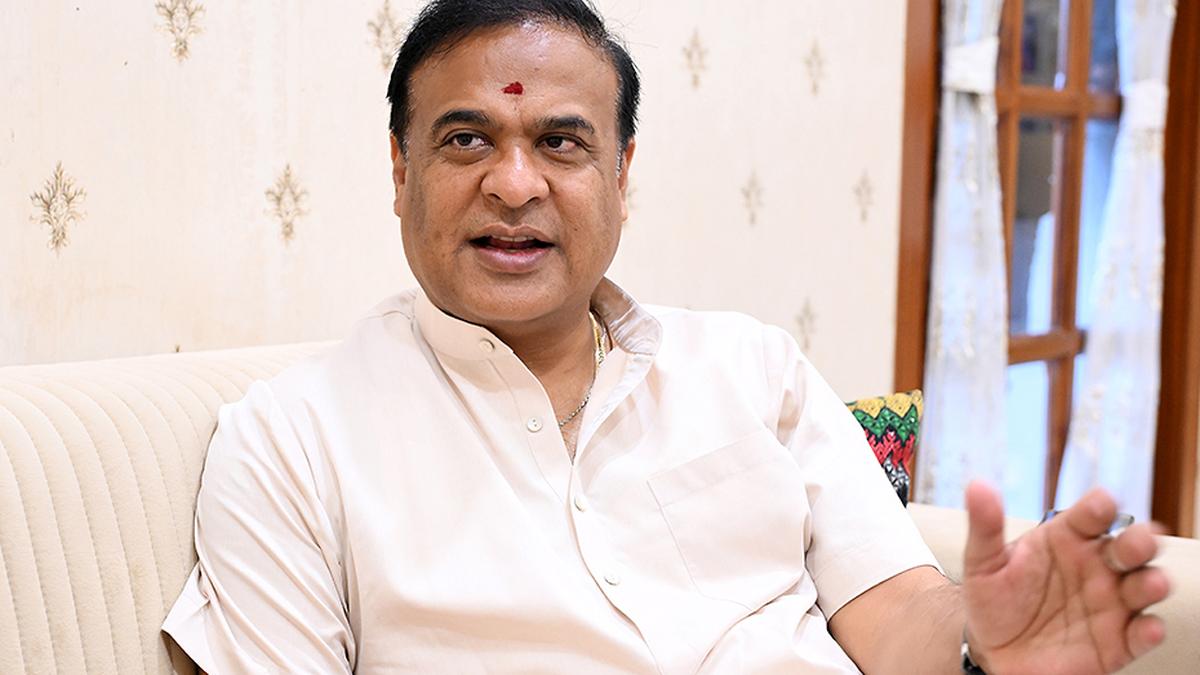Now Reading: Assam CM Detects Conspiracy in Migration to Hindu and Assamese Muslim Areas
-
01
Assam CM Detects Conspiracy in Migration to Hindu and Assamese Muslim Areas
Assam CM Detects Conspiracy in Migration to Hindu and Assamese Muslim Areas

Rapid Summary
- Eviction Drives: Assam has been conducting eviction drives as June 2025, with approximately 3,500 families evicted from reserve forests and wetlands. Most of the evicted individuals were Bengali-speaking Muslims who had encroached on goverment land after being displaced by riverbank erosion.
- Allegations by Chief Minister: Assam CM Himanta Biswa sarma suggested the migration patterns of encroachers (from areas hundreds of kilometers away) to settlements dominated by Hindus or Assamese Muslims indicate a potential conspiracy to alter demographic balance. He urged investigations into whether this phenomenon stems from poverty or deliberate political motivations.
- Encroachment Statistics: Over 2.64 lakh acres of government land are reportedly under encroachment in Assam, with significant portions being Village Grazing Reserve and Professional Grazing Reserve lands.
- Legal Orders: The Supreme Court and Gauhati High Court mandated that forest reserves and grazing lands must not be encroached upon. Sarma emphasized compliance with these directives as a justification for ongoing eviction drives.
- Responses & Criticisms:
– The Congress alleged the eviction drives target migrant Muslims disproportionately, suggesting motives like industrial development for corporate interests and political polarization ahead of elections.The party promised compensation for affected citizens if elected to power.
– The Jamaat ulama Council called the actions discriminatory against Muslims and demanded an immediate halt to what they deemed “unjust measures.”
– Statewide protests led by organizations such as All Assam Minority Students’ Union condemned the evictions as inhumane, accusing them of displacing marginalized communities.
Indian Opinion Analysis
The situation surrounding eviction drives in Assam underscores complexities tied to land management, judicial mandates, demographic concerns, and socio-political tensions. Fulfilling court orders regarding forest conservation is paramount but brings significant human costs when families displaced due to natural causes face further displacement through state action.
Chief Minister Himanta biswa Sarma’s remarks about possible conspiracies suggest deeper investigation is warranted into migration patterns; though, correlating these movements directly with intended demographic shifts demands substantive evidence beyond anecdotal observations.
From a governance outlook,balancing ecological preservation while addressing vulnerabilities faced by affected populations remains vital. Opposition parties’ criticism-highlighting disproportionate impact on minorities-raises critical questions about fairness in implementation strategies amidst politically charged narratives before an election cycle.
As protests gain momentum across communities resisting perceived injustices within policy enforcement frameworks like evictions or resettlement programs for marginalized groups will become integral for maintaining social equity alongside constitutional obligations.
Read More:

























